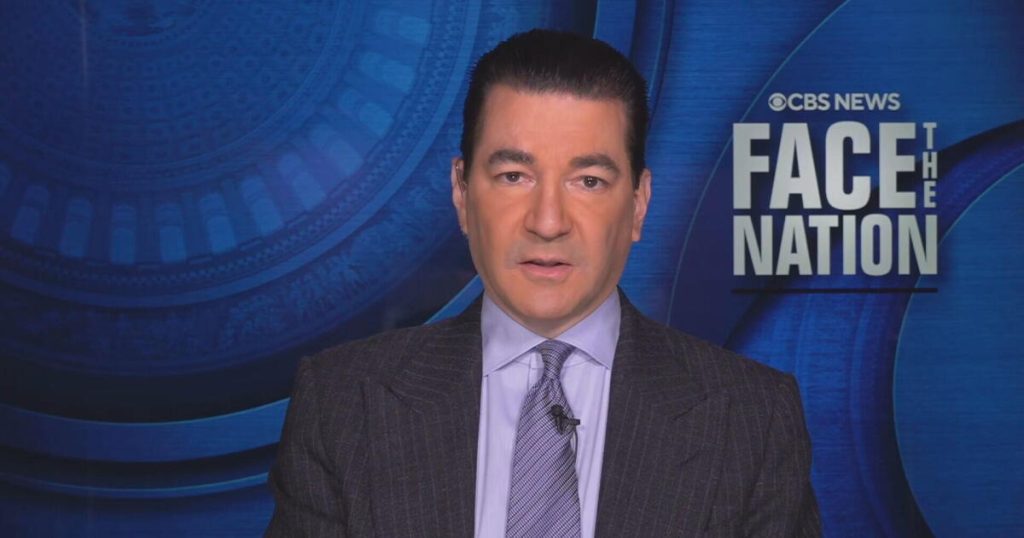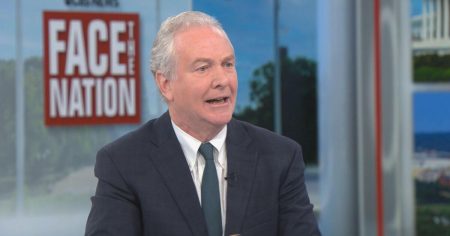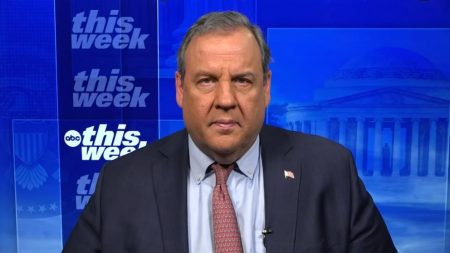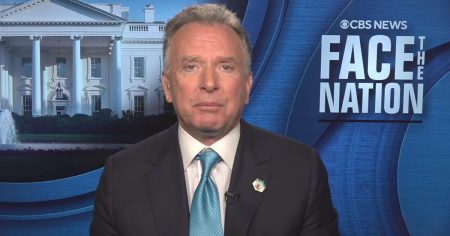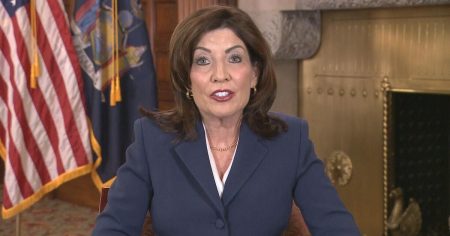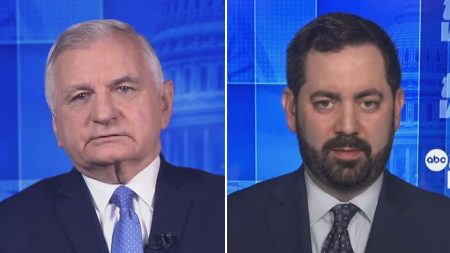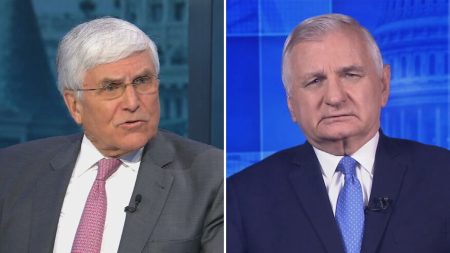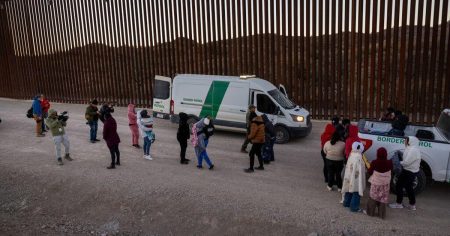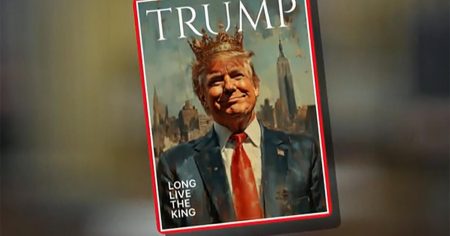The Resurgence of Measles and the Threat to Public Health
The interview with Dr. Scott Gottlieb, former FDA Commissioner and current Pfizer board member, highlights the growing concern over measles outbreaks in the United States, particularly in Texas and New Mexico, where nearly 100 people have been sickened. Dr. Gottlieb expresses his deep concern about the potential spread of measles, noting that the number of cases is likely underreported and could reach into the hundreds, taking months to contain. He emphasizes that measles outbreaks in areas with high vaccination exemption rates are not only a local problem but also a national one. With vaccination rates below the herd immunity threshold of 93-95% in many states, including Idaho, Alaska, Wisconsin, and others, the risk of measles spreading across the country is significant. Dr. Gottlieb warns that the U.S. could lose its measles elimination status, leading to travel advisories and economic impacts.
The Role of Vaccination and the Misinformation Crisis
Dr. Gottlieb underscores the importance of vaccination in preventing measles, a highly contagious and dangerous virus. He notes that 27% of those infected in the current outbreaks have been hospitalized, and even vaccinated individuals are at risk if they have only received one dose. The MMR vaccine, which protects against measles, mumps, and rubella, has been extensively studied, with large-scale research disproving any link between the vaccine and autism. Despite this, misinformation continues to undermine public confidence. Dr. Gottlieb criticizes Robert F. Kennedy Jr., now serving as HHS Secretary, for perpetuating harmful myths about the MMR vaccine, including claims that measles is rarely life-threatening and that the vaccine is unnecessary and risky. Dr. Gottlieb argues that such rhetoric is not only false but also dangerously erodes trust in vaccines, making it harder to achieve herd immunity.
The Challenges of Restoring Confidence in Public Health
Given Robert F. Kennedy Jr.’s history of anti-vaccine advocacy, Dr. Gottlieb questions how he can restore confidence in vaccines as HHS Secretary. He points out that Kennedy has not yet addressed the current measles outbreaks, which is concerning given the gravity of the situation. Dr. Gottlieb emphasizes that the MMR vaccine is safe and effective, with decades of research confirming its benefits. He also rejects claims that measles is not a serious disease, noting its potential for severe complications and long-term consequences. The challenge now is to counter misinformation and reassure the public of the vaccine’s safety and necessity. Dr. Gottlieb calls for greater efforts to educate the public and promote vaccination, particularly in communities with low vaccination rates.
The Misuse of Public Health Authority at the Border
The conversation shifts to the Trump administration’s plan to invoke Title 42, a public health authority, to restrict migrant entries at the southern border, citing concerns about diseases like tuberculosis (TB). Dr. Gottlieb expresses skepticism about this approach, arguing that while TB incidence rates are higher in some countries,Mexico and Venezuela, where many migrants are coming from, have relatively lower rates compared to countries like India and South Africa. He notes that migrants from high-TB countries often undergo health screenings upon entry, making the use of Title 42 for this purpose less justified. Dr. Gottlieb suggests that the administration’s focus on border control through public health measures may be unnecessary, as other countries with higher TB rates are not subject to the same restrictions. He questions the policy’s rationale, suggesting it may be more about immigration enforcement than public health.
The Impact of Federal Health Agency Layoffs
Dr. Gottlieb also addresses the recent dismissals of thousands of employees from federal health agencies, a move that has raised concerns among the public. He reassures that these layoffs are not a cause for alarm, as many employees, particularly those in critical functions, are being rehired. Dr. Gottlieb acknowledges that the initial dismissals were mishandled, with some probationary employees in essential roles being let go. However, he notes that agencies like the FDA are working to restore their workforce and maintain key operations, such as drug reviews and inspections. While the reductions in staff may have been intended to address perceived bloat in recent hiring, Dr. Gottlieb believes the process could have been more judicious. He remains optimistic that the agencies will continue to function effectively despite these challenges.
The Broader Implications for Public Health
Dr. Gottlieb’s interview paints a sobering picture of the challenges facing U.S. public health. From the resurgence of measles to the misuse of public health authority and workforce disruptions, the system is under strain. The spread of measles highlights the fragility of herd immunity and the dangers of vaccine misinformation. Dr. Gottlieb’s warnings about losing measles elimination status underscore the potential for long-term consequences, including increased disease spread and economic losses. At the same time, the politicization of public health measures, such as the use of Title 42, risks undermining trust in science and governance. While Dr. Gottlieb remains confident in the resilience of the U.S. public health system, his comments emphasize the need for vig





